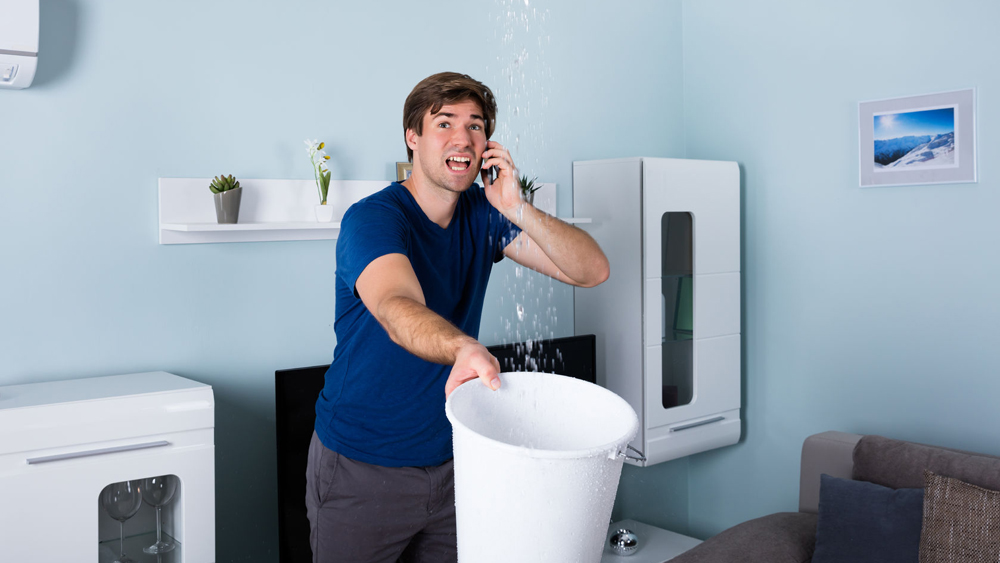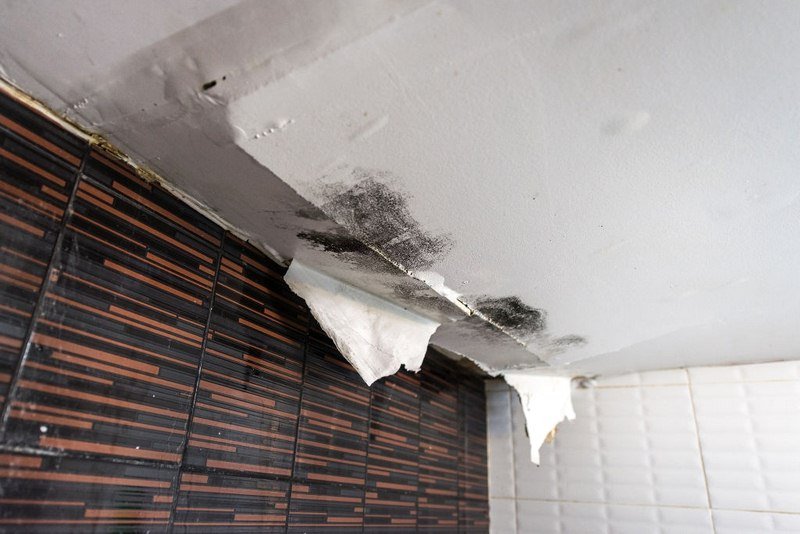Exposing the Key Triggers Behind Residential Water Leak Issues
Exposing the Key Triggers Behind Residential Water Leak Issues
Blog Article
What're your opinions about Common Water Leaks In House?

Leakages not only cause waste of water however can also trigger unnecessary damages to your residence as well as promote unwanted organic development. By looking and recognizing for daily situations that trigger leakages, you can secure your house from future leaks and unneeded damage.
Instant temperature adjustments.
Extreme temperature changes in our pipes can trigger them to broaden and contract suddenly. This growth as well as tightening might cause fractures in the pipelines, especially if the temperature are below freezing. If you maintained an eye on just how your plumbing functions, it would be best. The visibility of the formerly stated conditions often indicates a high threat.
Corroded water systems
This could be the reason of discoloration or bending on your water pipes. If our plumbing system is old, consider changing the pipes given that they are at a higher threat of corrosion than the more recent models.
Malfunctioning Pipe Joints
Pipeline joints can deteriorate over time, resulting in water leakages. If you have noisy pipes that make ticking or banging noises, specifically when the hot water is turned on, your pipeline joints are probably under a great deal of pressure.
Elbowing in origins
The majority of water leakages begin outside the house rather than inside it. If you notice a sudden decline in water pressure, say in your faucet, require time to head out as well as examine your yard. You could observe wet patches or sinkholes in your yard, which may imply that tree roots are attacking water lines triggering water to seep out. You can have your plumber look for intrusion, specifically if you have trees or bushes near your property.
Poor Water Connectors
At times, a leak can be created by loose pipes and pipelines that provide your devices. In instance of a water links leak, you might observe water running directly from the supply line or puddles around your devices.
Clogged Drains
Obstructed drains pipes may be aggravating as well as inconveniencing, but they can occasionally wind up causing an overflow bring about burst pipelines. Keep eliminating any type of products that may decrease your drains that might block them to prevent such inconveniences.
All the above are sources of leaks yet not all water leakages result from plumbing leaks; some leaks might originate from roof leaks. All leaks ought to be fixed quickly to prevent water damages.
Leakages not just create waste of water yet can additionally trigger unnecessary damages to your residence and also advertise unwanted organic development. By looking and recognizing for daily situations that create leaks, you can safeguard your residence from future leaks and also unnecessary damage. Today, we will certainly look at six leakage creates that may be creating your pipes to drip.
At times, a leakage can be created by loose hose pipes and also pipelines that supply your home appliances. In instance of a water links leak, you may observe water running straight from the supply line or pools around your devices.
How To Check For Water Leak In Your Home
How To Check for Leaks
The average household's leaks can account for nearly 10,000 gallons of water wasted every year and ten percent of homes have leaks that waste 90 gallons or more per day. Common types of leaks found in the home are worn toilet flappers, dripping faucets, and other leaking valves. These types of leaks are often easy to fix, requiring only a few tools and hardware that can pay for themselves in water savings. Fixing easily corrected household water leaks can save homeowners about 10 percent on their water bills.
To check for leaks in your home, you first need to determine whether you're wasting water and then identify the source of the leak. Here are some tips for finding leaks:
Take a look at your water usage during a colder month, such as January or February. If a family of four exceeds 12,000 gallons per month, there are serious leaks.
Check your water meter before and after a two-hour period when no water is being used. If the meter changes at all, you probably have a leak.
Identify toilet leaks by placing a drop of food coloring in the toilet tank. If any color shows up in the bowl after 10 minutes, you have a leak. (Be sure to flush immediately after the experiment to avoid staining the tank.)
Examine faucet gaskets and pipe fittings for any water on the outside of the pipe to check for surface leaks.
Undetected water leaks can happen without the home or business owner even realizing. If you suspect a water leak, but not able to find the source. It is time to contact a professional water leak detection service, The Leak Doctor.
How To Find a Water Leak In Your Home
https://www.leakdoctor.com/blog/How-To-Check-For-Water-Leak-In-Your-Home_AE197.html

We had been made aware of that report on Most Common Causes of Leaky Pipes from a good friend on another domain. Enjoyed reading our write up? Please share it. Help somebody else check it out. Thanks so much for your time invested reading it.
Damage control? Ring! Report this page